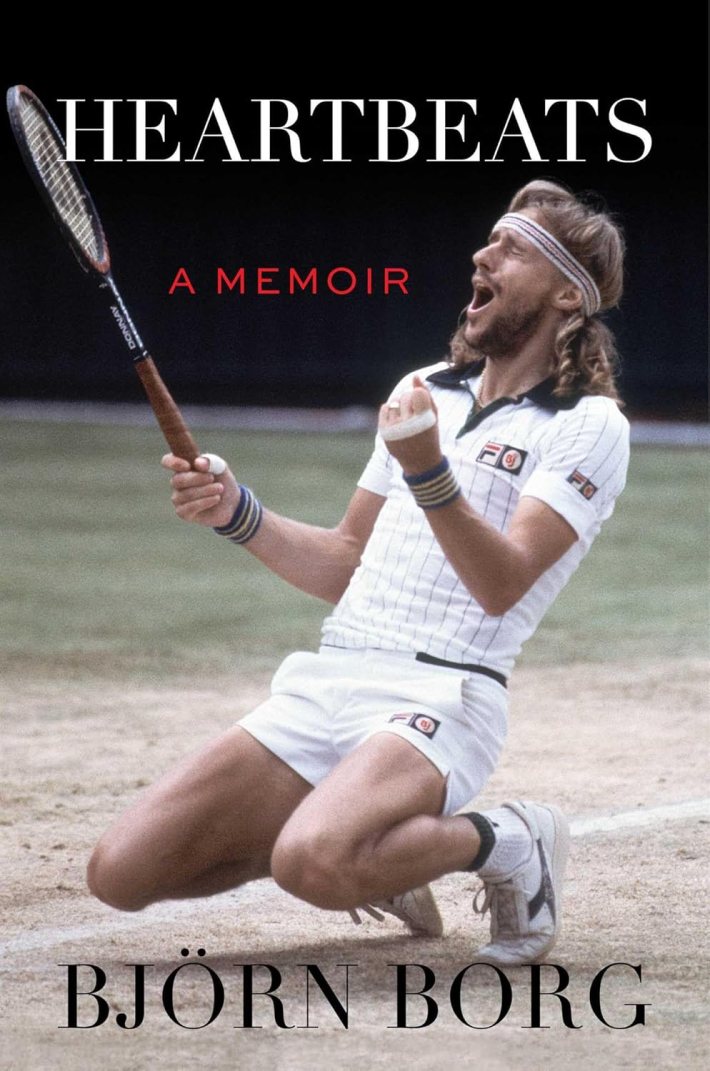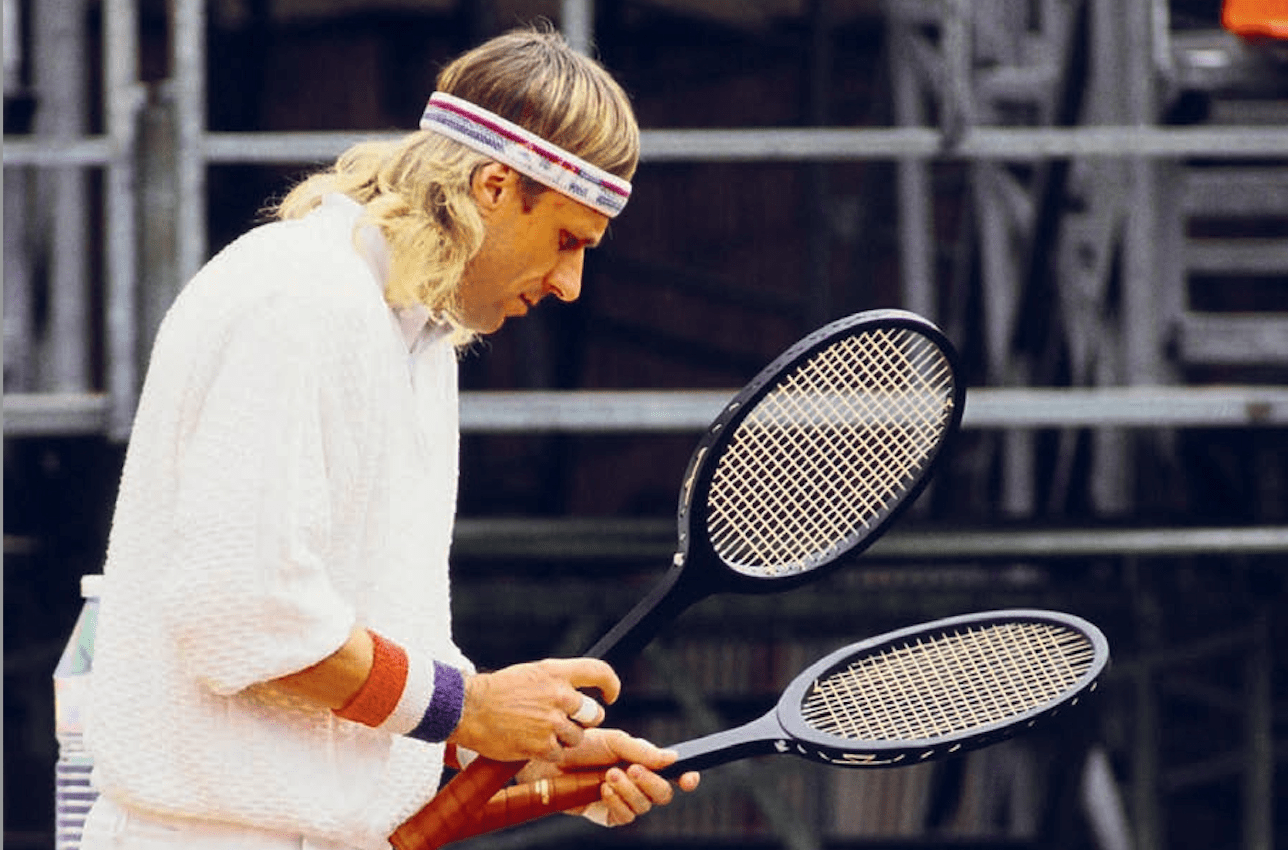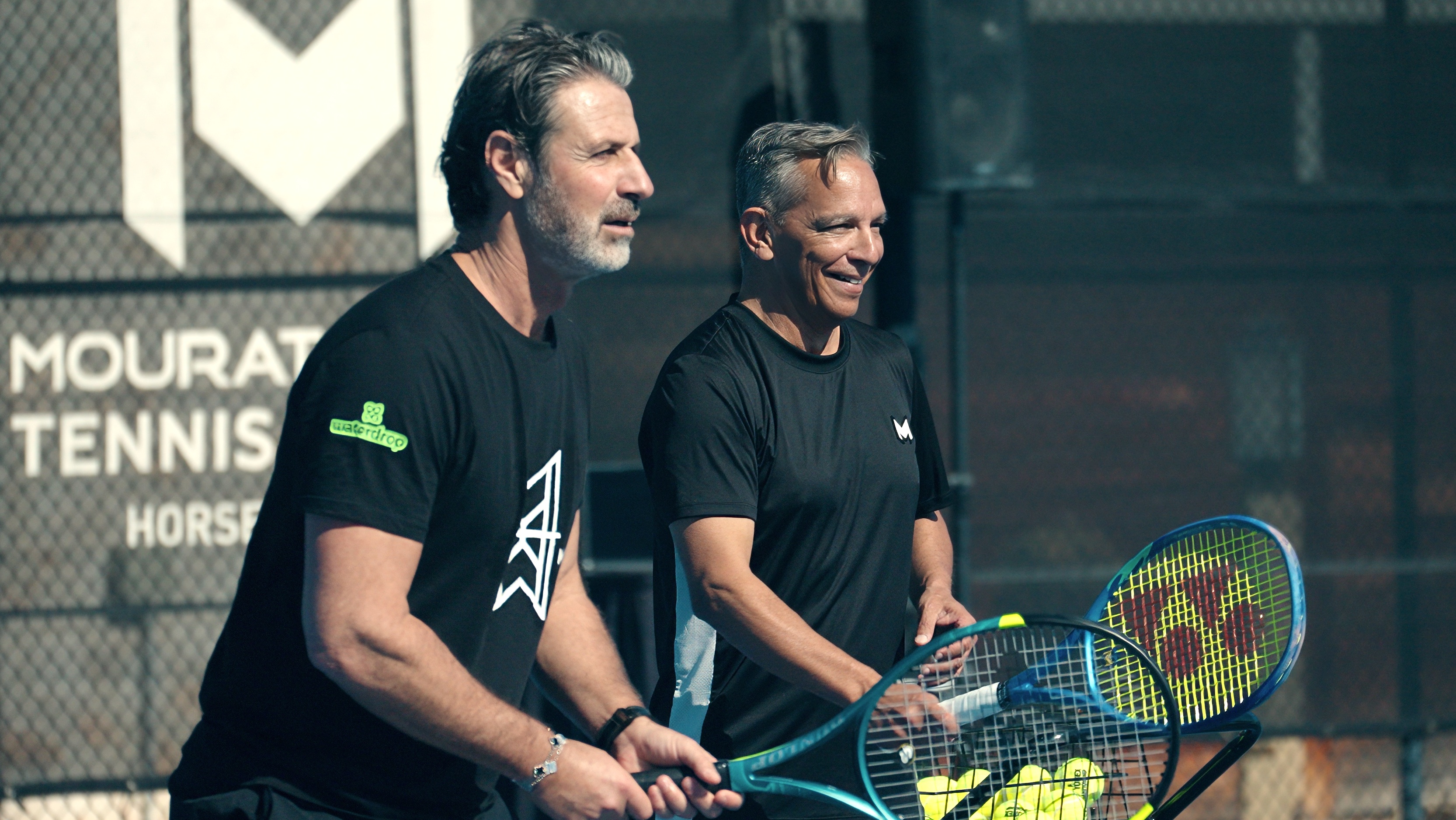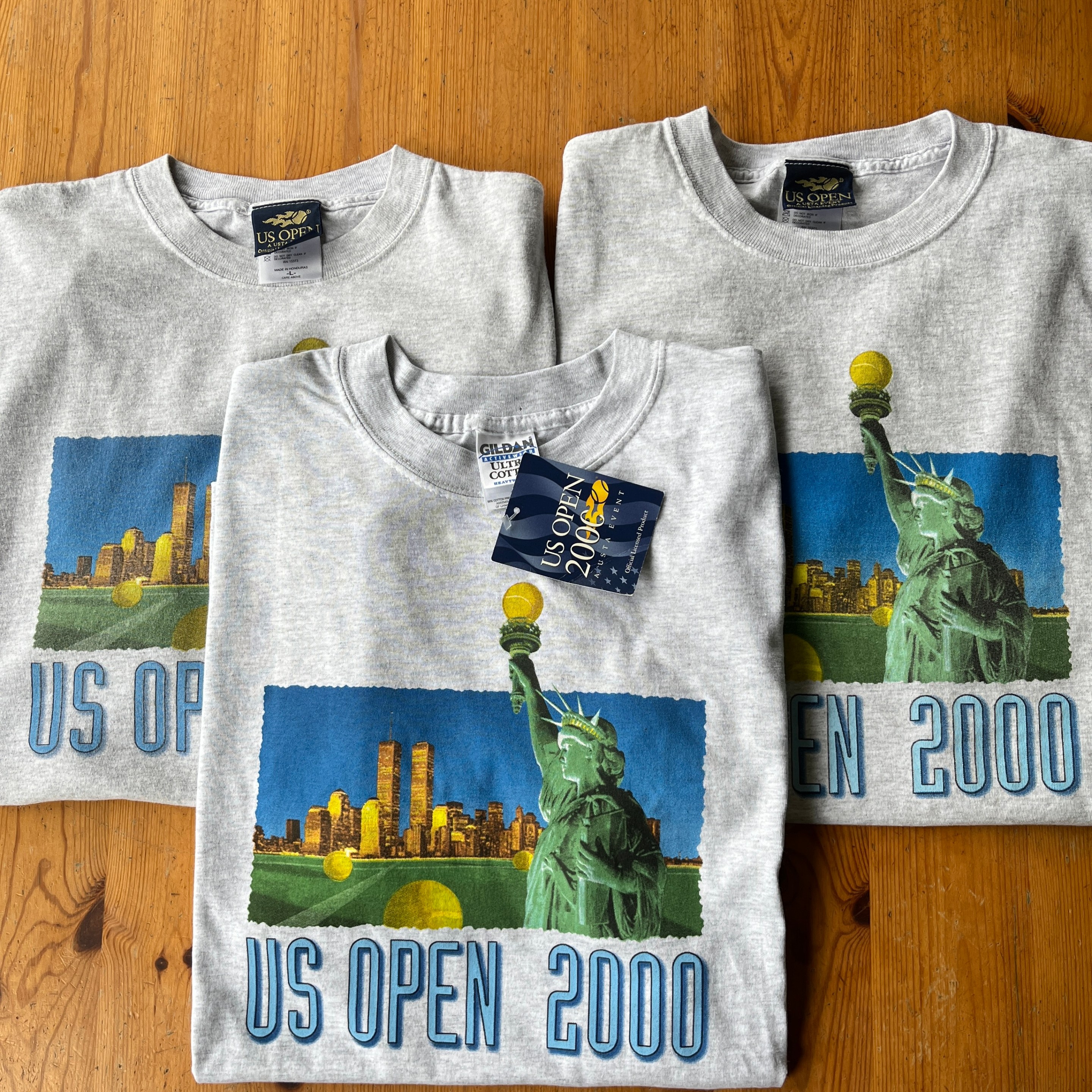The fundamental flaw with sports memoirs that Wallace noted is that they exist in an inherent state of tension between what readers want and what athletes can provide. Readers want insight into not just the lives of the authors but how their talents work and how their greatest moments felt. But top athletes’ greatness may stem entirely from the fact that they don’t think about such things — instinct, habit, stoicism, and ineffable natural talent are their stock and trade. Over-analysis is death.
“The real, many-veiled answer to the question of just what goes through a great player’s mind as he stands at the center of a hostile crowd-noise and lines up the free-throw that will decide the game might well be: nothing at all,” Wallace wrote.

This disconnect between what a reader wants and what a tennis star qua writer is able to provide permeates Heartbeats. Borg’s experience winning his first major was simply “the next ball, the next shot,” his memories of his most successful tennis years “are fewer,” his first match against his idol Rod Laver was “not fun.” Many readers may be picking up the book to see what Borg has to say about the 1980 and 1981 Wimbledon finals, arguably the most famous two matches of his career. Such readers will be disappointed. Of the 1981 final, Borg only says: “I lost in four sets.”
Reading those brief descriptions is beyond frustrating. We want more from Borg! More from a player whose tennis was beautiful, his best matches dramatic, his rivalries electric. But at the end of the day, Ice-Borg lives up to his reputation for stoicism. His aversion to emotion and over-thinking his game made him a great tennis player, but it hardly makes for the sort of compelling narrative of which the best memoirs are made.
Absent insights into what greatness feels like, sports memoirs can still manage to be interesting reads with tales of exorbitant luxury, celebrity hijinks, risque bad behavior, or some sort of overarching narrative of loss, growth, rags-to-riches, etc. Heartbeats provides little on this front too. Borg is a notoriously private person, and doesn’t like to delve into the sort of intimate details that make for an honest and raw book. What little information he does offer that wasn’t previously known is hardly revelatory. Our understanding of Borg isn’t changed at all, for example, upon learning that he also used to play hockey against the garage door that famously served as his tennis practice backboard until a puck went through the window. A few salacious details that did make it into the book: Ilie Năstase once seduced one of Borg’s dates in a matter of minutes while Borg took a shower, Borg avoided playing in Sicily because of a deep anxiety about the Mafia, and he met with a psychic for several years to figure out why he couldn’t win the U.S. Open.
The essential unknowability of athletic greatness is a fact of life the public has to confront on a more regular basis in the digital era. Every athlete now has social media and seemingly every athlete has a podcast. Rather than demystify, this digital closeness with athletes typically serves to remind us how limited their ability to put their greatness to words. In the business world, this is known as Satchmo’s Paradox — named for Louis “Satchmo” Armstrong, who responded to a question about the nature of jazz by saying, “If you have to ask what jazz is, you'll never know.” How do you explain what’s second nature?
At their best, social media platforms and podcasts can give athletes a chance to share their personalities with their fans. At worst, they give athletes a chance to present a sanitized version of themselves presented as fact. Someone serving as a producer for a documentary about themselves should be seen as a clear conflict of interest, but in modern sports media, it’s becoming increasingly common.
Athletes are, above all else, marketable. We want to know what makes them tick, we want to know what they have that the rest of us don’t. We want to know what it feels like to be them or, at the very least, what it feels like to know them. It’s why publishers keep putting out books like Heartbeats. They know we’ll buy sports stars’ books, follow them on social media, and listen to their podcasts, no matter how many times we’re disappointed by the lack of revelation. Because the promise that this time might be different is just too enticing. Heartbeats, sadly, isn’t different.
Alec Dent is an assistant politics editor at The Washington Post and a contributor to New York Magazine, Vanity Fair, Town & Country, and The Daily Beast.






